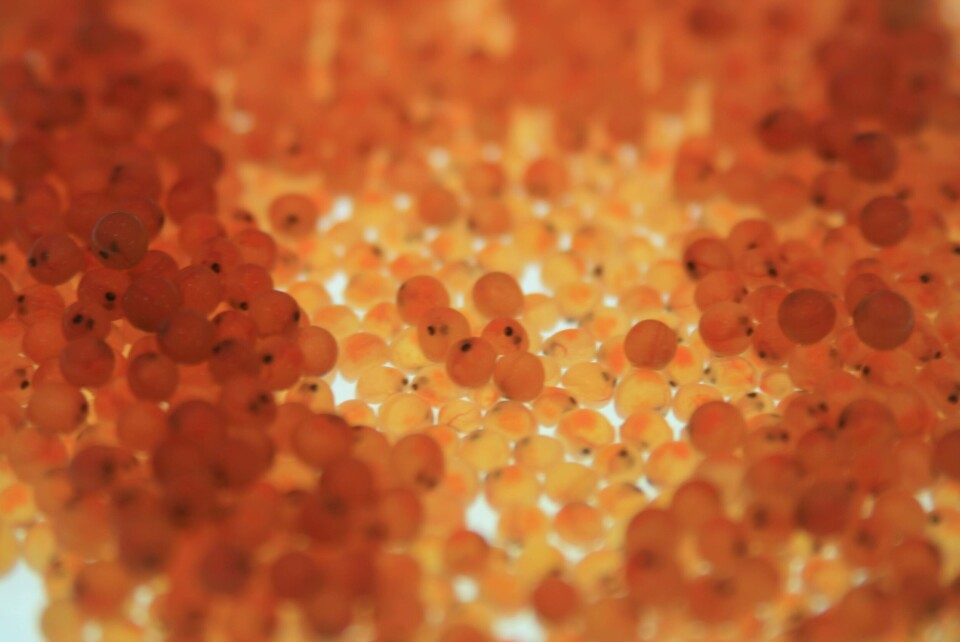
Domestic ova: "a false economy"
The Chilean salmon industry's attempts to cut costs by using domestically produced roe is a false economy, according to the general manager of the roe supplier company Stofnfiskur.
According to the latest report released by Sernapesca, the Chilean industry imported only 2.53 million eggs up to May 2016 - a mere 7.1 per cent of the 35.46 million eggs imported in the same period last year.
Imports of rainbow trout eggs fell to 880,000 units, compared to 9.94 million in the first five months of 2015, while Atlantic salmon eggs reached 1.65 million, compared to 25.5 billion up to May last year.
According to the general manager of Stofnfiskur Chile, Rodolfo Infante, this attempt to economise is both short-sighted and misguided.
What are your expectations for the rest of the year?
We trust that during the third and fourth quarters an upturn in roe sales will occur, without turning a blind eye to the fact that domestic egg production historically supplies part of this period.
Unfortunately, these reduced egg imports will negatively impact production parameters and quality of fish grown from 2016, due to the increased use of eggs with lower genetic development. At times, the availability of Chilean eggs is artificially extended by reducing incubation temperatures, without knowing the subsequent implications this involves.
The pressure on many salmon producing companies to cut costs can lead to them adopting false economies such as producing their own eggs or purchasing them from other salmon producing companies, rather than egg specialists. This will only save them about 2% of their total costs but can lead to reduced production efficiency. The risk of not choosing the right eggs could determine the success or failure of the entire business operation.
Do you expect a better situation for 2017?
I have no doubt that 2017 will see a recovery of the Chilean salmon industry and all its stakeholders, including roe suppliers.
While production in the industry will continue to fall until a harvest volume is found that provides stability and sustainability, the improvement in prices should be more than offset the drop in volumes.
Increasing the efficiency of the industry will play a key role and that is where we will make substantial contributions, as our new product is capable of decreasing losses from SRS by 40% and IPN by 80-100%, all in one ova.
This is revolutionary and will forever change the current sanitary strategy. Production costs should go down with the use of these eggs in combination with vaccines and antibiotics, which should also trend downward over time.























































